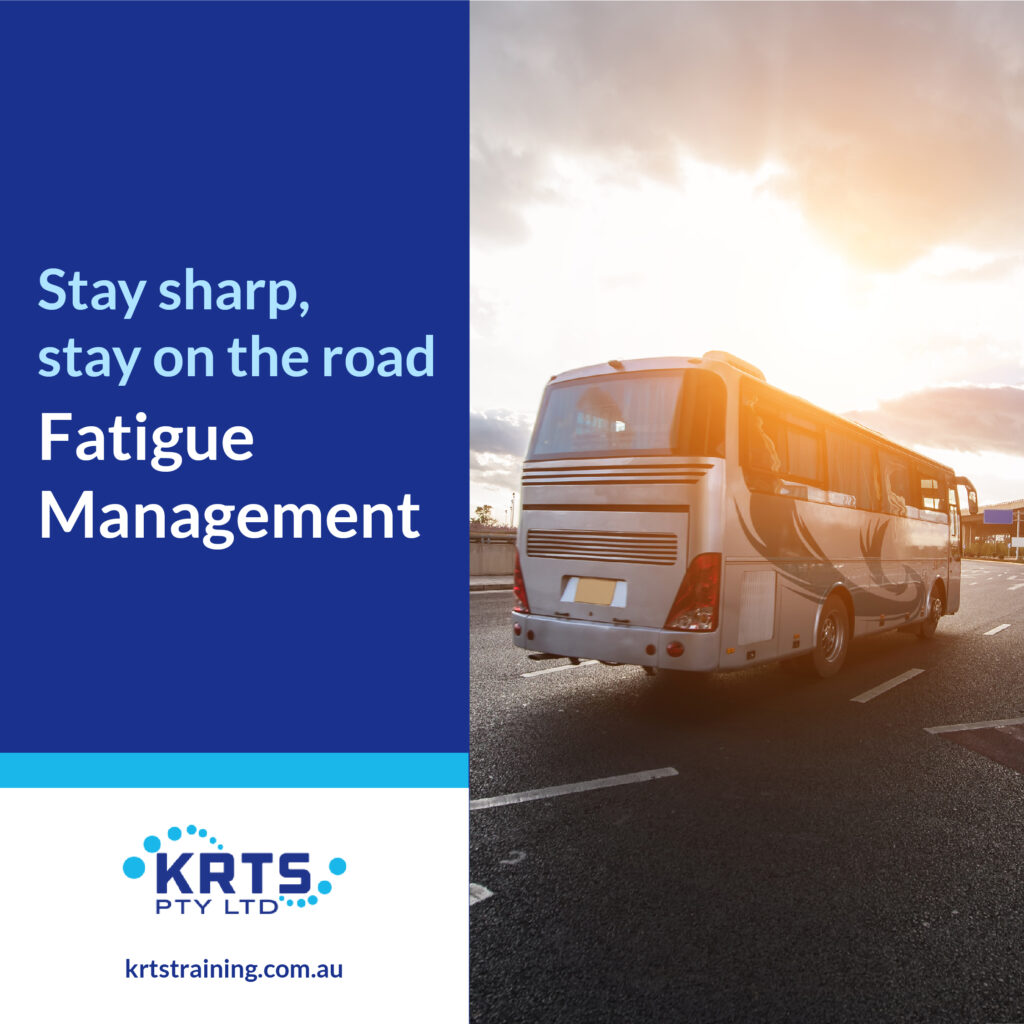
Frequent travellers often contend with the challenges of travel fatigue, which can manifest as jet lag, disrupted sleep patterns, and overall exhaustion. Whether traveling for business or leisure, adopting strategies to manage travel-related fatigue is crucial for making the most of your journey.
One of the primary contributors to travel fatigue is jet lag, a disruption of the body's internal clock caused by crossing multiple time zones. To mitigate the effects of jet lag, gradually adjust your sleep schedule before departure, exposing yourself to natural light at the destination upon arrival, and staying well-hydrated can help reset your circadian rhythm.
Prioritize sleep during travel by creating a comfortable sleep environment. Use noise-cancelling headphones, an eye mask, and a travel pillow to facilitate rest during flights. Establish a sleep routine that aligns with the local time at your destination to promote quicker adjustment. Contact KRTS for driver fatigue management training.
Stay hydrated by drinking plenty of water before, during, and after your journey. Dehydration can exacerbate feelings of fatigue, so avoiding excessive caffeine and alcohol intake is also advisable.
Incorporate short naps strategically to combat fatigue without disrupting nighttime sleep. Napping for 20-30 minutes can provide a quick energy boost without entering deep sleep, preventing grogginess upon waking.
Maintain a balanced diet and avoid heavy meals close to bedtime. Opt for light, nutritious snacks and meals to support overall well-being and aid in the adjustment to a new time zone.
By implementing these strategies, travellers can proactively manage travel fatigue, allowing them to arrive at their destination feeling more energized and ready to enjoy the experiences that travel has to offer.